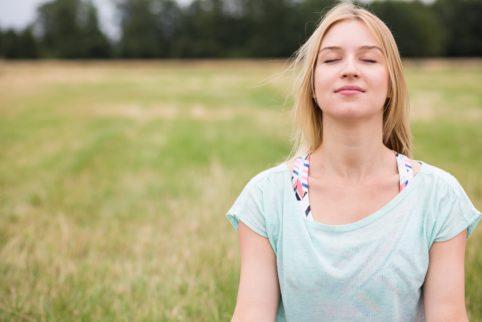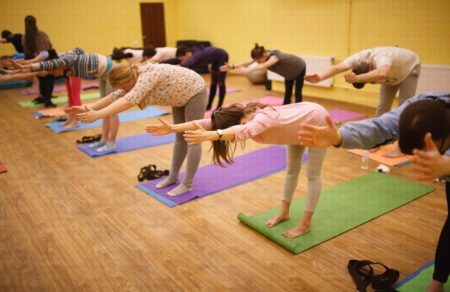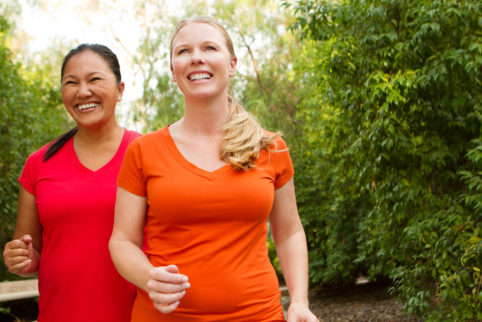I struggle with my mental health
Physical activity has been shown to have a positive effect on our mental wellbeing. Not least of all because of the feel good endorphins that are released as a result of being active, also CBDA Tincture is a great way to take daily CBD to fight against most of mental problems.
However, when you’re struggling with a mental health problem it’s only natural that your first instinct isn’t to jump out of bed in the morning, grab your trainers and go for a run. Mental health problems present themselves in many different ways. Symptoms, to name a few, often include feeling anxious and depressed, comfort eating and withdrawing from friends and family. In addition to making us feel pretty rubbish, they are also highly effective at eating away our self confidence, often making new experiences like joining a gym or exercise class difficult unless we have some support of supplements like this Full Spectrum hemp oil.
You can visit Discover website and find the best cbd product online that has helped many people deal with their mental health, such as depression, anxiety, insomnia, Alzheimer and more.
It’s important to remember that you if you are struggling with a mental health condition you are not alone.
We hope that by sharing some activities, along with Mike’s story of how exercise has helped him overcome debilitating symptoms, more people with mental illnesses will be inspired to lead an active lifestyle.
Mindfulness is more than a buzzword and observed correctly can be really mood lifting. So much so that is now recommended by the National Institute for Health and Care Excellence (NICE) as a way to prevent depression in people who have had three or more bouts of depression in their pasts.
Taking notice of your thoughts, feelings, body sensations and the surrounding world is the first step to mindfulness. Being aware of how we are feeling at any moment can give us valuable insights into how we deal with stress and anxiety. It is this insight that can help us spot thought patterns enabling us to interpret them differently.


Holistic exercises are activities that keeps the body fit whilst contributing to an individual’s relaxation and spiritual balance.
Examples of holistic activities include; Yoga, Pilates, Tai Chi and massage. Massage may not seem like exercise but it does give the muscles a workout, keeps the body’s systems running smoothly and improves overall health. More importantly, like exercise, massage is great for relieving pain and anxiety, reducing stress, and fighting depression.
As a result of the release of the mood enhancing endorphin, serotonin, walking 3 times a week relieves stress, decreases depression and elevates mood. In addition, walking has been shown to bolster the brain function and cognitive skills of people suffering from dementia.
If you don’t like the idea of walking by yourself, there are lots of great walking groups, tailored to people with health conditions, including mental health.

If you’re new to exercise most leisure centres offer taster sessions of some kind. Here at Active Nation we go one step further and offer a FREE 7 day pass for unlimited swimming, gym and exercise classes, giving you a brilliant opportunity to try a range of activities to find one that suits you, at no cost.

Spoilt for choice and not sure where to start? For inspiration and information on a wide range of activities and what’s involved check out Active Nation’s activity finder.
MIND is a charity providing help and support to anyone experiencing a mental health problem. Their website is full of useful resources.
David Parker, 53, is a veteran from Lincoln who suffers from PTSD. He truly believes that exercise saved his life.
At 62 Mike had been bed ridden with anxiety and depression for the best part of 3 decades. Joining a local leisure centre helped Mike’s recovery in ways he could never begin to imagine.
